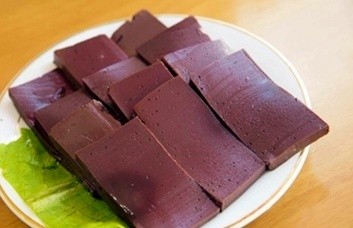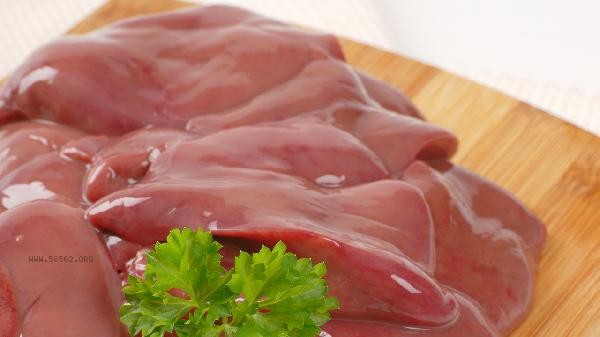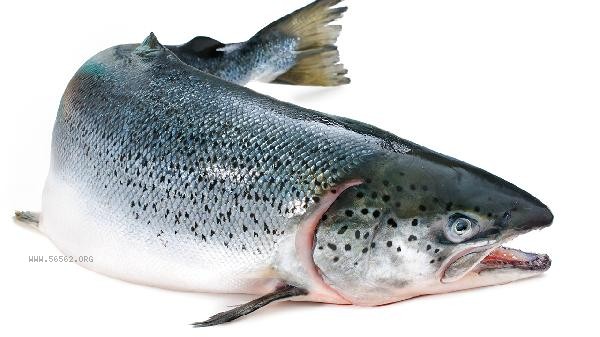It is generally recommended to blanch meat in cold water, and in some special cases, hot water can be used. Blanching can effectively remove blood foam and fishy smell, enhance the taste and safety of dishes. The more common method for blanching meat is to put it in cold water. During the slow heating process of cold water, the blood and impurities in the meat will gradually precipitate, forming a foam that is easy to skim off. This method is suitable for most red meats such as pork, beef, lamb, etc., and can more thoroughly remove odor substances. At the same time, blanching in cold water can evenly heat the meat from the inside out, avoiding sudden shrinkage of the surface due to heat and locking in internal blood and water. For meat that needs to be stewed for a long time, blanching in cold water makes the meat softer and more tender, and the release of flavor compounds is more abundant during subsequent cooking.

Hot water blanching is suitable for some special situations. Poultry such as chicken and duck meat, which have tender meat, can be quickly blanched in boiling water to reduce nutrient loss and maintain a fresh and tender taste. When processing seafood ingredients, blanching with hot water can quickly solidify and lock in the freshness. Some dishes that require shape preservation, such as white meat cuts, can be blanched in hot water to quickly solidify surface proteins. However, blanching with hot water has a weak effect on removing blood foam and may result in residual fishy odor. It is necessary to use seasoning such as cooking wine and ginger slices to remove fishy odor.

It is recommended to rinse the surface foam of blanched meat with warm water to avoid cold water irritation that may cause the meat to turn dry. Different cooking methods can adjust the blanching time. Stewed dishes can be blanched for 3-5 minutes after the water boils, while quick stir fried ingredients can be blanched for 30 seconds. Adding ginger slices, scallions or a small amount of cooking wine when blanching can enhance the effect of removing fishy smell, but it is not advisable to add salt to prevent the meat from becoming hard. Meat that has been blanched should be promptly moved to the next cooking stage to avoid prolonged storage that may affect its taste.










Comments (0)
Leave a Comment
No comments yet
Be the first to share your thoughts!